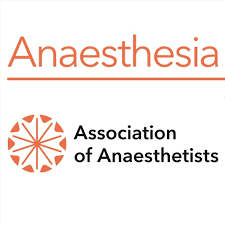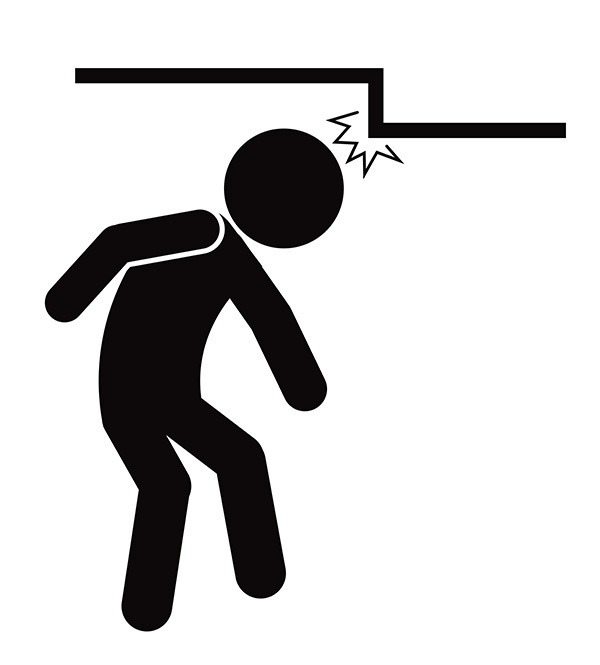
Editor's Note Hospitals can reduce anesthesia costs by up to 30% and significantly curb provider burnout by embracing technology-enabled collaboration with anesthesiology practices, Surgical Directions August 27 reports. The report outlines how rising demand, workforce shortages, and variable pay structures have pushed anesthesia expenditures up sharply in recent years. Traditional…

Editor's Note A malpractice case involving a 69-year-old man undergoing an endoscopy at an ambulatory surgery center (ASC) spotlights the risks of managing high-comorbidity patients outside a hospital setting. According to a May 13 report in Anesthesiology News, the patient experienced a hypoxic event that led to permanent brain injury…

Editor's Note Preliminary results from a nearly million-case review reveal that perioperative pulmonary aspiration, while feared, is rare but potentially deadly. According to a February 4 Anesthesiology News report, researchers found an overall incidence of 1 in 5,572 anesthesia cases, with aspiration-related mortality at about 1 in 67,000. As detailed…

Editor's Note Wisconsin nurses—including Certified Registered Nurse Anesthetists (CRNAs)—gain more autonomy under legislation signed August 8 by Governor Tony Evers, according to an August 8 report in the Milwaukee Journal Sentinel. Under the new legislation, nurse practitioners, clinical nurse specialists, CNRAs and certified nurse-midwives who meet certain qualifications may obtain…

For an ambulatory surgery center (ASC), earning accreditation can be more than a mark of excellence. The Accreditation Association for Ambulatory Health Care (AAAHC) offers Medicare Deemed Status Accreditation, eliminating the need for separate surveys to certify compliance with the Conditions of Participation (CoPs) required by the Centers for Medicare…

Editor’s Note: This page is a companion piece to the main article, How ASCs ace the AAAHC accreditation survey. The posts below cover the latest version of the handbook from the Accreditation Association for Ambulatory Health Care (AAAHC) and advice on delineation of privileges. Navigating the new handbook The latest…

Editor's Note Psychological interventions such as hypnosis, music therapy, and cognitive behavioral therapy (CBT) may reduce acute pain in clinical settings, though statistically significant effects were found only in some studies, according to a July 16 scoping review published in The Journal of PeriAnesthesia Nursing. Hypnosis was the most adaptable…

Editor's Note Ambulatory surgery centers (ASCs) continue to face a mounting anesthesia crisis: costs are rising, staffing is tightening, and reimbursement is failing to keep pace. Anesthesia payments have dropped 8.2% over the past decade, while provider salaries have risen by as much as 40%, creating a growing financial burden…

Editor's Note A new international consensus offers the first multidisciplinary definition and set of recommendations for group-based preoperative education programs, sometimes referred to as “surgery schools.” Published June 21 in the British journal Anaesthesia, the expert-driven guidance aims to improve patient preparation, experience, and recovery for those undergoing major elective…

One of the most sobering moments in the career of anesthesiologist Cornelius Sullivan, MD, occurred not as a caretaker in the OR, but as a patient in the emergency department. Having been knocked out cold by a low-hanging monitor during a surgical procedure at Boston Children’s Hospital, he had to…